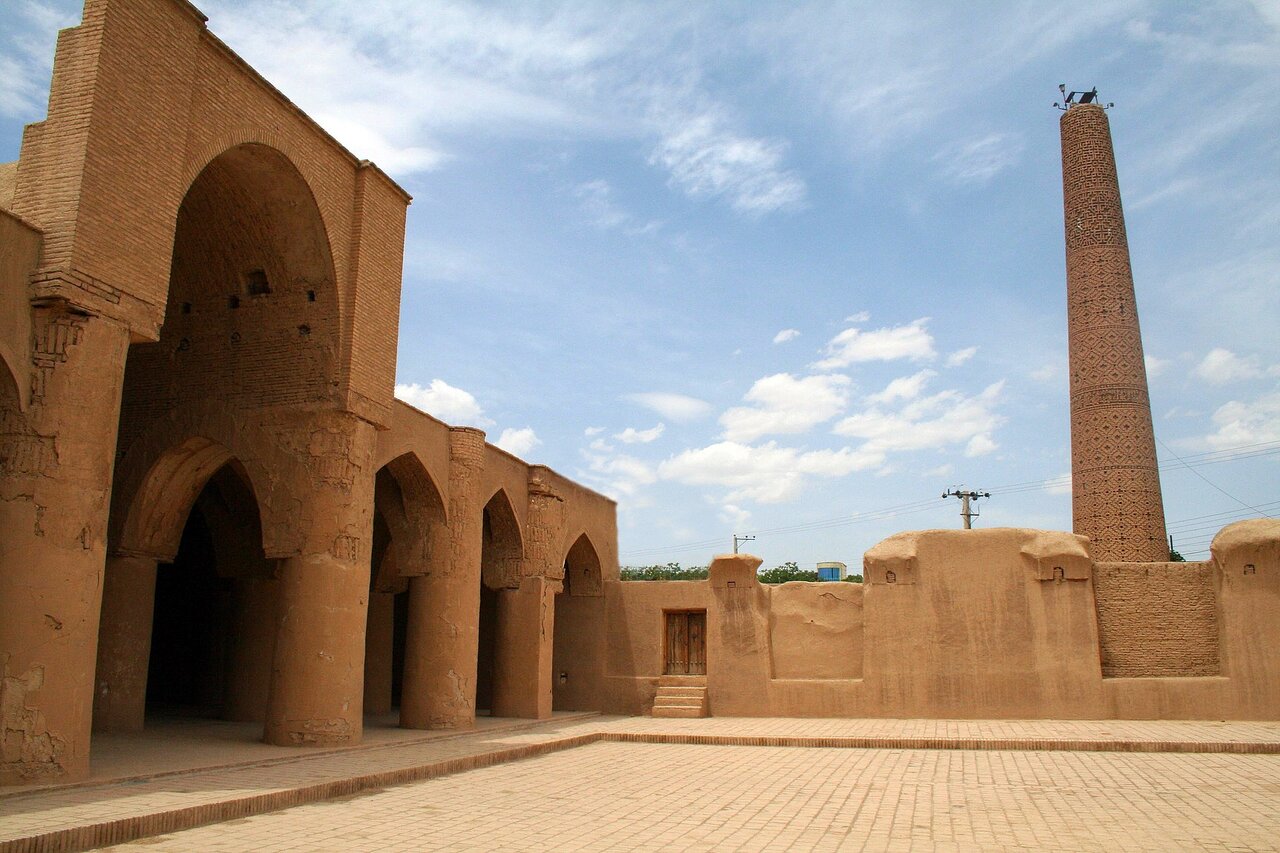Ancient Iranian mosque nominated for ICESCO label

TEHRAN - Iran has nominated its Tarikhaneh mosque, which dates some 900 years, for possible recognition by the Islamic Educational, Scientific and Cultural Organization (ICESCO).
Seeking to help preserve and promote distinguished cultural heritage sites, the Islamic Educational, Scientific and Cultural Organization is expected to announce the list of winners by the end of summer, IRNA reported on Thursday.
The mud-brick mosque, which is located near the modern city of Damghan in Semnan province, is expected to gain a place on the ICESCO’s Islamic World Heritage List (IWHL), the report said.
Also called Tarik Khana, the place of worship is sometimes referred to as the “oldest existing” mosque in the country.
Architecturally speaking, the mud-brick mosque incorporates a simple Arab plan with Sassanian construction techniques. An arcade lines the central courtyard, a single bay deep on all but the qibla side where it increases to three bays.
The central aisle on the qibla arcade is wider and taller than the others, a form that presciently indicates the later ubiquitous monumental axis of Persian architecture. The mosque’s arcades formed by fired brick arches recall Sassanian precedents.
Near the mosque, there are remains of a square minaret of uncertain date, possibly part of the original construction period, and a cylindrical minaret from the Seljuk period (1060-1307).
The ancient city of Damghan was the winter capital of the Parthian monarchs. Situated about 350 kilometers northeast of Tehran, Damghan was once a prosperous city on the Silk Road that connected China to West Asia and Europe. Narratives say that Damghan was once called the city by one hundred gates. Later, during the reign of the Sassanids, the Umayyad, Abbasid, Taherid, Samanid, Sarbedaran, and Deylamite dynasties, Damghan had a significant position for the emirs and governors.
Headquartered in Rabat, Morocco, the Islamic World Educational, Scientific, and Cultural Organization (ICESCO, formerly ISESCO) was founded by the Organization of Islamic Cooperation in May 1979. It has 54 member states.
It is a specialized organization concerned with fields of education, science, culture, and communication in Islamic countries to support and strengthen relations among the member states.
AFM
Leave a Comment